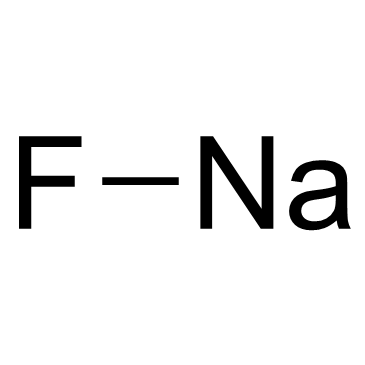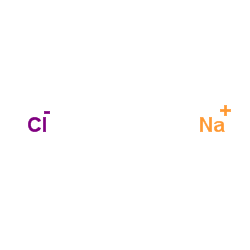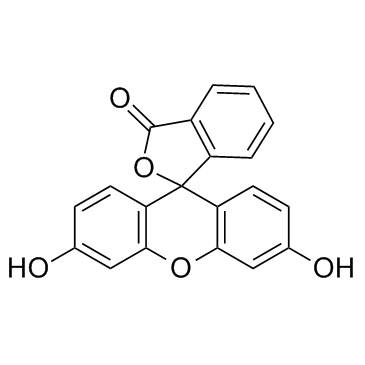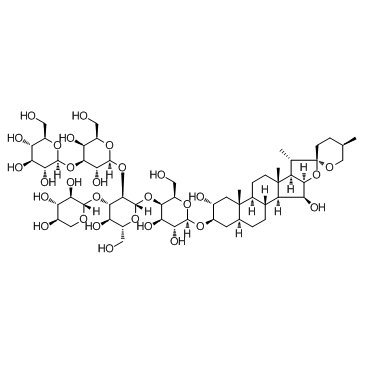| Structure | Name/CAS No. | Articles |
|---|---|---|
 |
Sodium Fluoride
CAS:7681-49-4 |
|
 |
sodium chloride
CAS:7647-14-5 |
|
 |
Fluorescein
CAS:2321-07-5 |
|
 |
SODIUM CHLORIDE-35 CL
CAS:20510-55-8 |
|
 |
Digitonin
CAS:11024-24-1 |